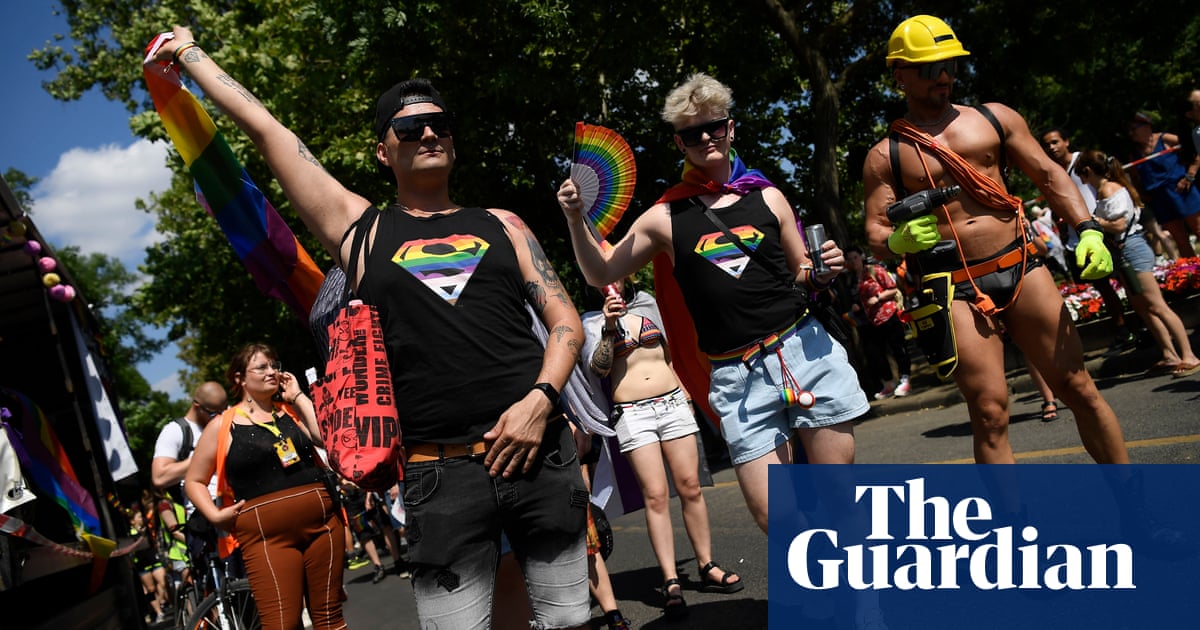Hungary’s ruling coalition is continuing its crackdown on the country’s LGBTQ+ community, as members submitted a bill to parliament that would ban the popular Budapest Pride event and allow authorities to use facial recognition software to identify people attending.
The bill, presented on Monday, is almost certain to pass as the coalition has a two-thirds majority in parliament.
It would make it an offence to hold or attend events that violate Hungary’s contentious “child protection” legislation, which prohibits the “depiction or promotion” of homosexuality to under-18s.
Attending a prohibited event would carry fines of up to 200,000 Hungarian forints (£420), which the state would forward to “child protection”.
Pride organisers have called the prime minister Viktor Orbán’s drive to ban the event a restriction of fundamental freedoms of speech and assembly.
The proposal is the latest step against LGBTQ+ people taken by the government, which has passed legislation that rights groups and other European politicians have decried as repressive.
The government portrays itself as a champion of traditional family values and a defender of Christian civilisation from what it calls “gender madness”, and says its policies are designed to protect children from “sexual propaganda”.
Hungary’s “child protection” law was passed in 2021. Aside from banning the “depiction or promotion” of homosexuality in content available to minors – including in television, films, advertisements and literature – it also prohibits the mention of LGBTQ+ issues in school education programmes, and forbids the public depiction of “gender deviating from sex at birth”.
In a speech in February, Orbán hinted that his government would take steps to ban Budapest Pride, which attracts thousands of participants and celebrates the history of the LGBTQ+ movement while asserting the equal rights of gay, lesbian, bisexual and transgender people.
Budapest Pride will mark its 30th anniversary this year.
